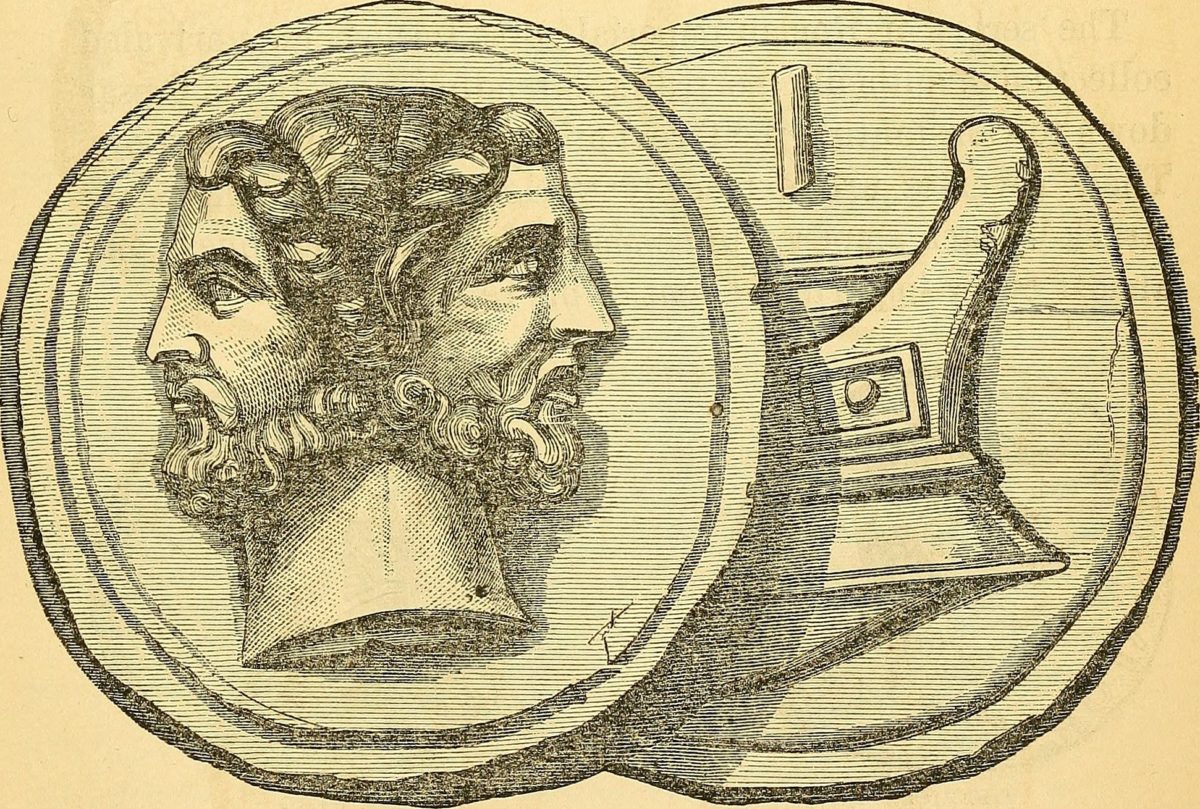In our most recent podcast episode (Privatizing the NHS: Who Profits?), my co-host Anish Koka reacted to our guest Bob Gill’s wish that the NHS insulated itself from the “profit motive” that is characteristic of the private sector.
Anish pointed out that, at least in the US, wait times for oncology or orthopedic appointments are measured in days instead of weeks or months. Part of the reason physician productivity is so high here is because of the profit incentives that are present in a fee-for-service system. He then asked:
I wonder how we can harness both things: We certainly don’t want patients waiting 18 weeks to be taken care of. At the same time, we want to not have a system where you have profit being taken out. That is of no value to the patient. So, it’s a tough balance.
In health care debates, the profit-motive is often conceived of as a two-faced Janus of economics. On the one hand, it increases productivity. On the other, it causes physicians to do too much. But this conception of the profit motive immediately invites an economic policy of carrots and sticks to get to “the right balance.” The right balance, of course, never materializes. On the contrary, health policy only causes mis-allocations of care.
The whole question of profit motives is actually irrelevant and should be ignored altogether for the following reasons:
First of all, the profit motive has no economic value. I may be the most profit-driven cardiologist on the planet but If I don’t provide a service to someone who values it, all my motivation is for nothing. Given that point, it is obvious that the problem in our healthcare systems—whether in the US or elsewhere in the world—is not per se the profit motive of doctors, hospitals, or commercial healthcare entities, but the fact that the motive is aimed at pleasing third-party payers and regulators first, rather than patients.
Secondly, the profit motive is a psychological state that cannot be objectively identified. Seen for the outside, there is no way to tell if the orthopedic surgeon who wakes up at 5 am 5 days a week and comes home at 9 pm after a full day of total hip replacements is motivated by the love of money or by the love of mankind. At best, a profit motive can be imputed to someone based on intimate knowledge of that person’s habitual behavior observed under many different circumstances. Even then, it is at best an educated guess.
Thirdly, self-interest can take many forms other than financial profit. For example, on a Twitter thread about our podcast episode a UK resident commented that one way for a patient in the NHS to get more attention from doctors is to have a rare condition: attending physicians are frequently looking for cases to present at their conferences. And that brings up the fact that all actions are motivated by something that is pleasing to the person doing it, and therefore “profitable” to him or her. Even Mother Teresa toiling in the slums of Kolkata was profit-driven. Only her riches would be obtained in heaven rather than on Earth.
More often than not, the profit motive is a lazy explanation to smear people who are doing financially well. It is a distracting and counterproductive assertion that is almost always applied without understanding the fundamental reason for someone’s success.
What patients need is competition, not mind-reading. In a competitive health care economy, the selfish interests of physicians, hospitals, and commercial players become irrelevant, especially if the competition is aimed at serving the patient and not, as is unfortunately the case both here and in the UK, the whims of public and private bureaucracies.

To make Profit is a precondition in a private market, not a choice. Only the existence of the public sector makes it seem like an individual choice. Though we dont want public servants (i.e. Tax collectors, policemen) to be profit driven. The bureaucrat follows rules and so It should be. But is the physician a public servant or a private entrepreneur? Many medical services are marketable, some are not. The schizophrenic patient certainly doesnt need competition… Once again the demarcation is wrong, what is a doctor?